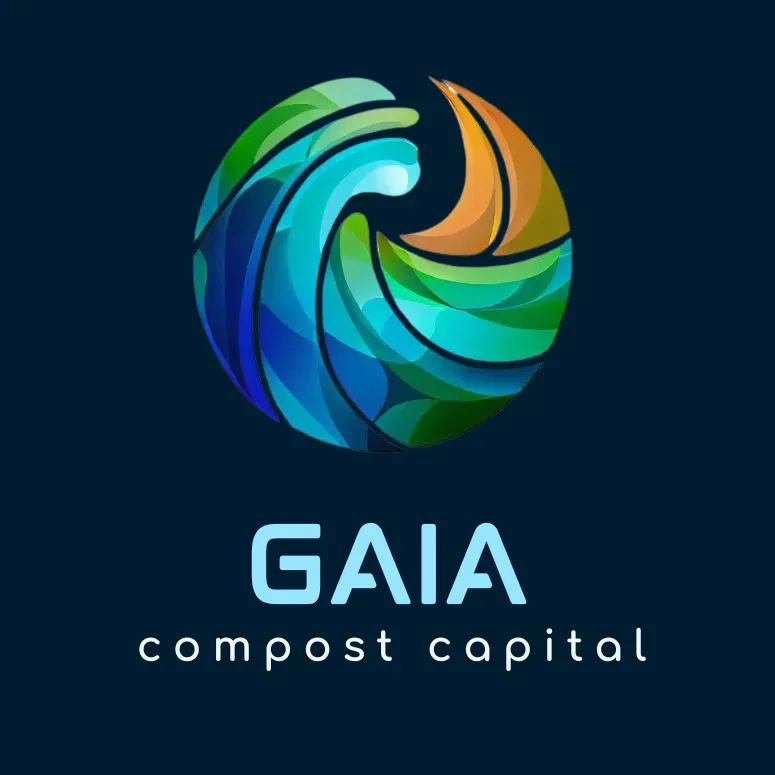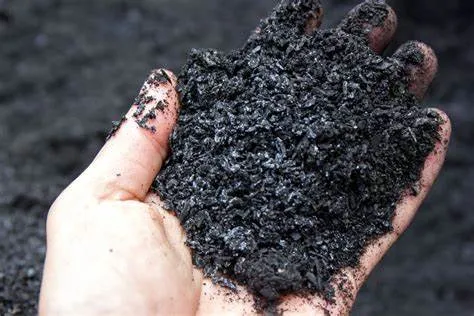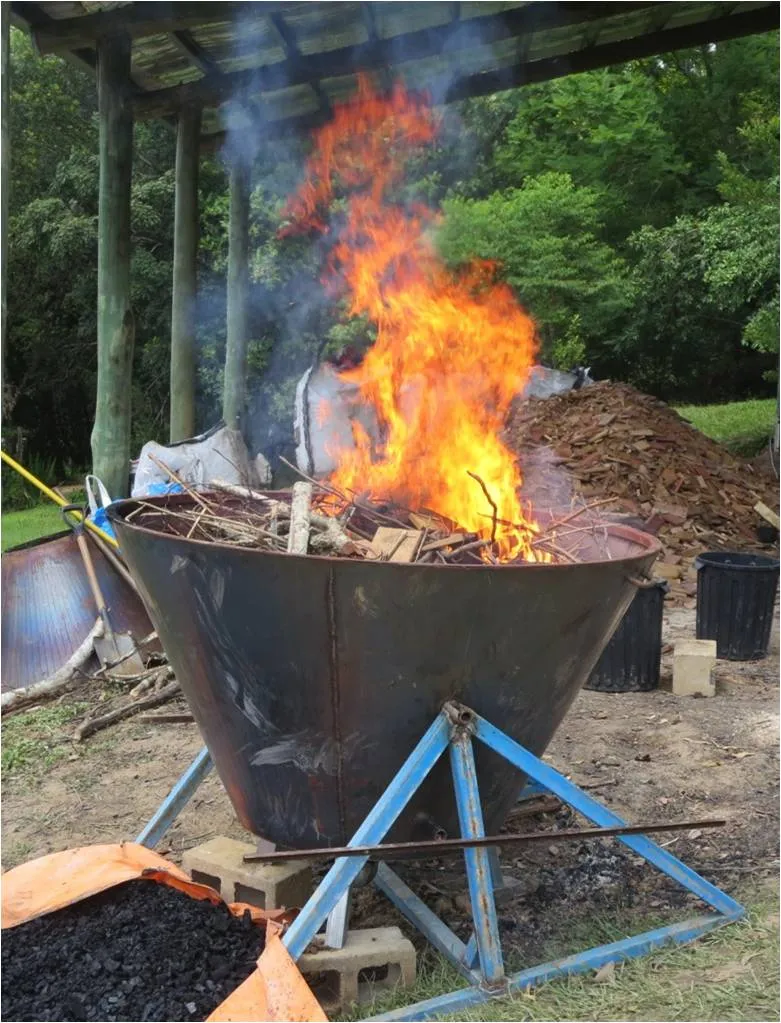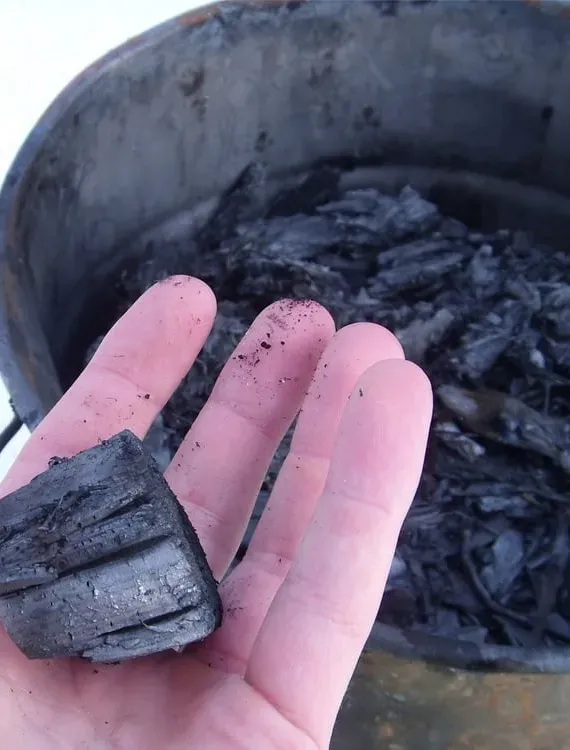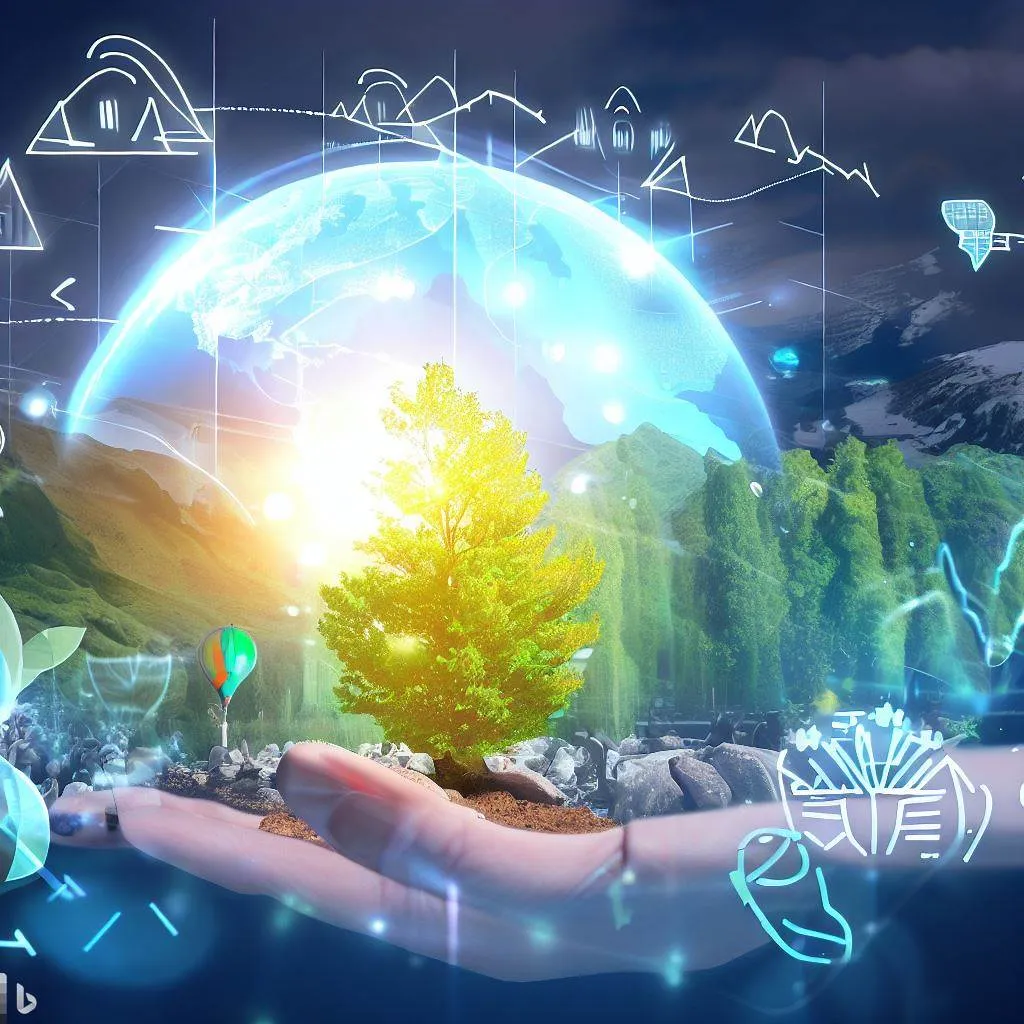Biochar: Harnessing Waste for Regeneration
Artisanal Biochar Production
At GAIA Compost Capital, we empower local farmers with the knowledge and tools to transform agricultural waste into a powerful agent of soil and climate regeneration: biochar. Through small-scale, artisanal methods using Kontiki kilns—which can be as simple as a hole in the ground or a specialized metal kiln—we help communities convert biomass waste, such as bamboo and coffee residues, into long-term carbon sinks.
The Process
Our approach to biochar production is both innovative and accessible:
Training and Technology: Farmers receive training in the biochar production process and use mobile software to upload and verify data, ensuring transparency and accuracy in the creation of carbon credits.
Biomass Utilization: Farmers collect and dry waste biomass, which is then carefully placed in Kontiki kilns. Following a precise burning process, the biomass is converted into char.
Charging with Life: The char is "charged" with microbiology using compost teas produced by the farmers. This infusion turns char into biochar, enriching it with life and enhancing its effectiveness.
Soil Enrichment: Once charged, the biochar is ground and incorporated into the soil. Acting as a "hotel for life," biochar significantly improves soil fertility and water retention capacities, promoting healthy plant growth.
Environmental and Economic Impact
Long-term Carbon Storage: Biochar retains carbon in the soil for hundreds of years, making it an excellent long-term carbon storage solution. This qualifies it for carbon credits under international carbon standards.
Income Generation: The sale of carbon credits to companies seeking to offset their emissions generates income for farmers and GAIA Compost Capital. By managing these projects, we ensure sustainable economic benefits for local communities.
Verification partners: The process of artisan production of biochar is overseen and protocols issued by Carbon Standards International, the leading authority in this process.
The Kon-Tiki Kiln Biochar System
For artisan level production of bio-char the easiest method is to use a Kon-Tiki Kiln.
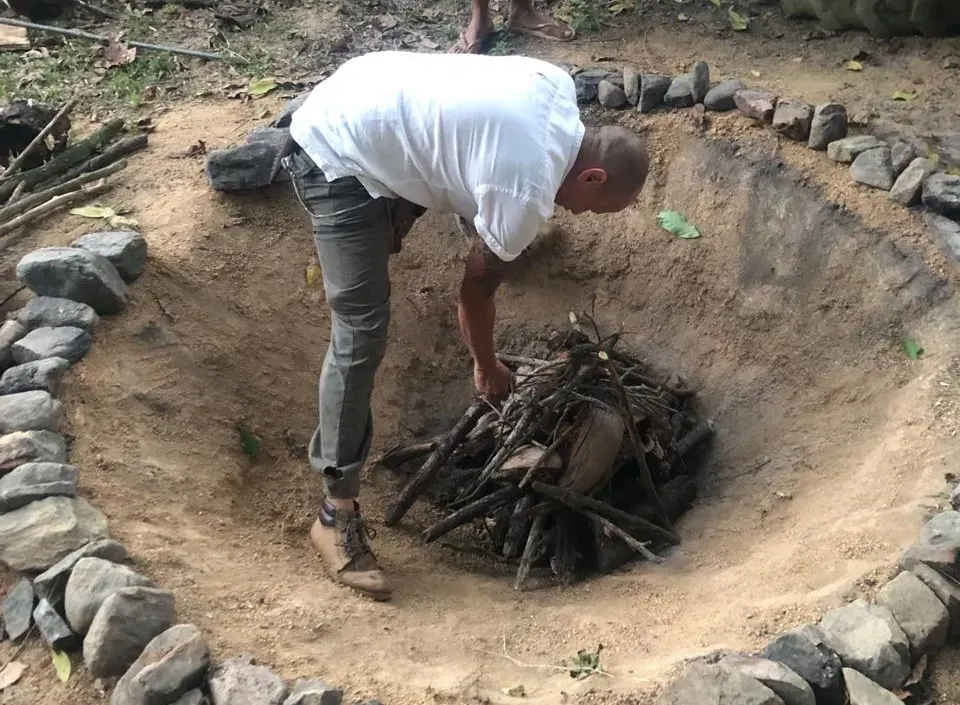
Prepare the Kon-Tiki Kiln
The kiln can be easily prepared by digging a conical hole in the ground with a diameter of approximately 2 meters and a depth of 1 meter. Surrounding the hole with stones can enhance ventilation and help clearly define its boundaries.
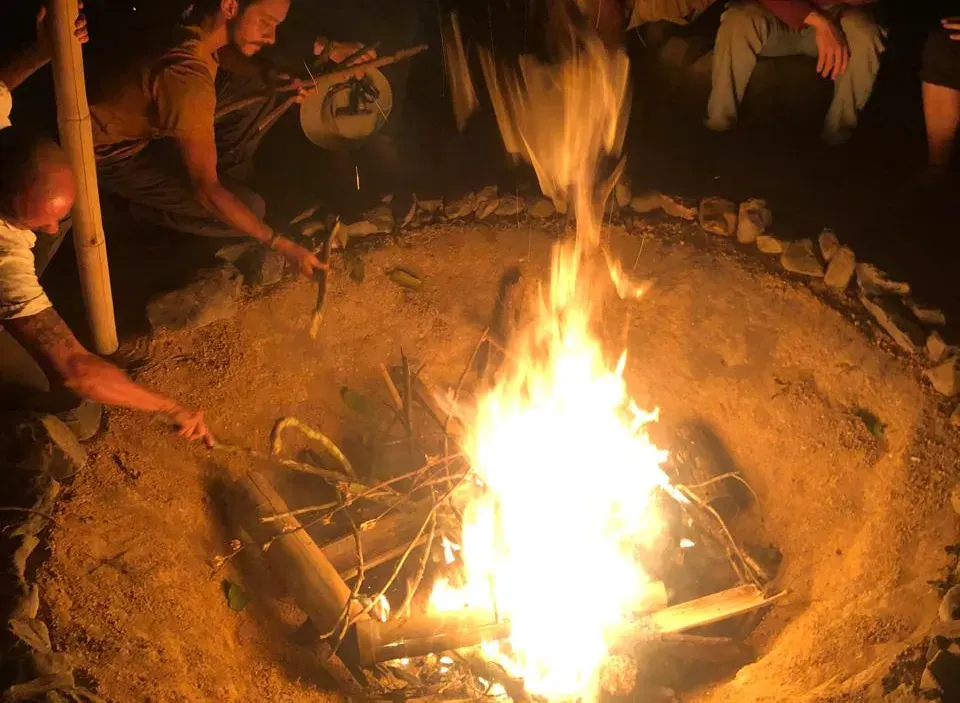
Burning your biomass to make char
Begin with dry biomass to create biochar. Start by placing a small layer at the bottom of the kiln to ignite the fire and build heat. Once this initial layer is burning well, add a second layer on top. As soon as this layer turns white on the surface, add another layer above it. Continue adding layers in this manner. The lower layers will keep burning but will be deprived of oxygen, facilitating the pyrolysis process necessary for char production.
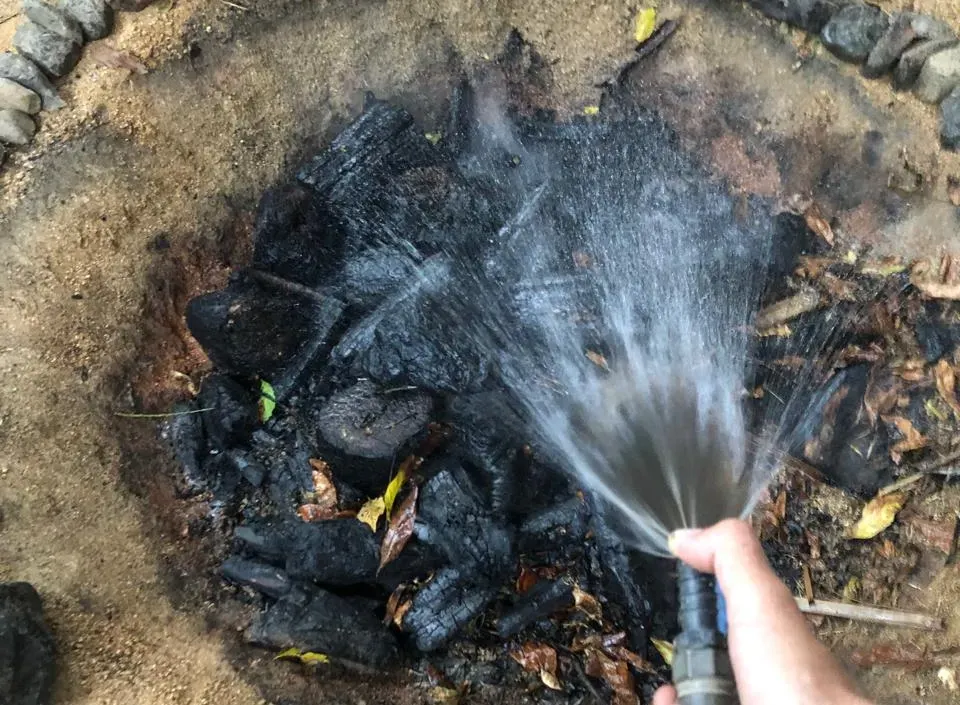
Quench your fire.
Once the final layer has sufficiently burned and the outer surface of the biomass has turned white, it's time to quench the kiln. You can do this by adding water, or if you wish to start the charging process immediately, you may use cow urine. Quenching not only stops the burning process but also alters the physical structure of the biochar, increasing its absorbency. This makes it ready to be infused with nutrients, such as through a manure tea or similar enriching solution.
